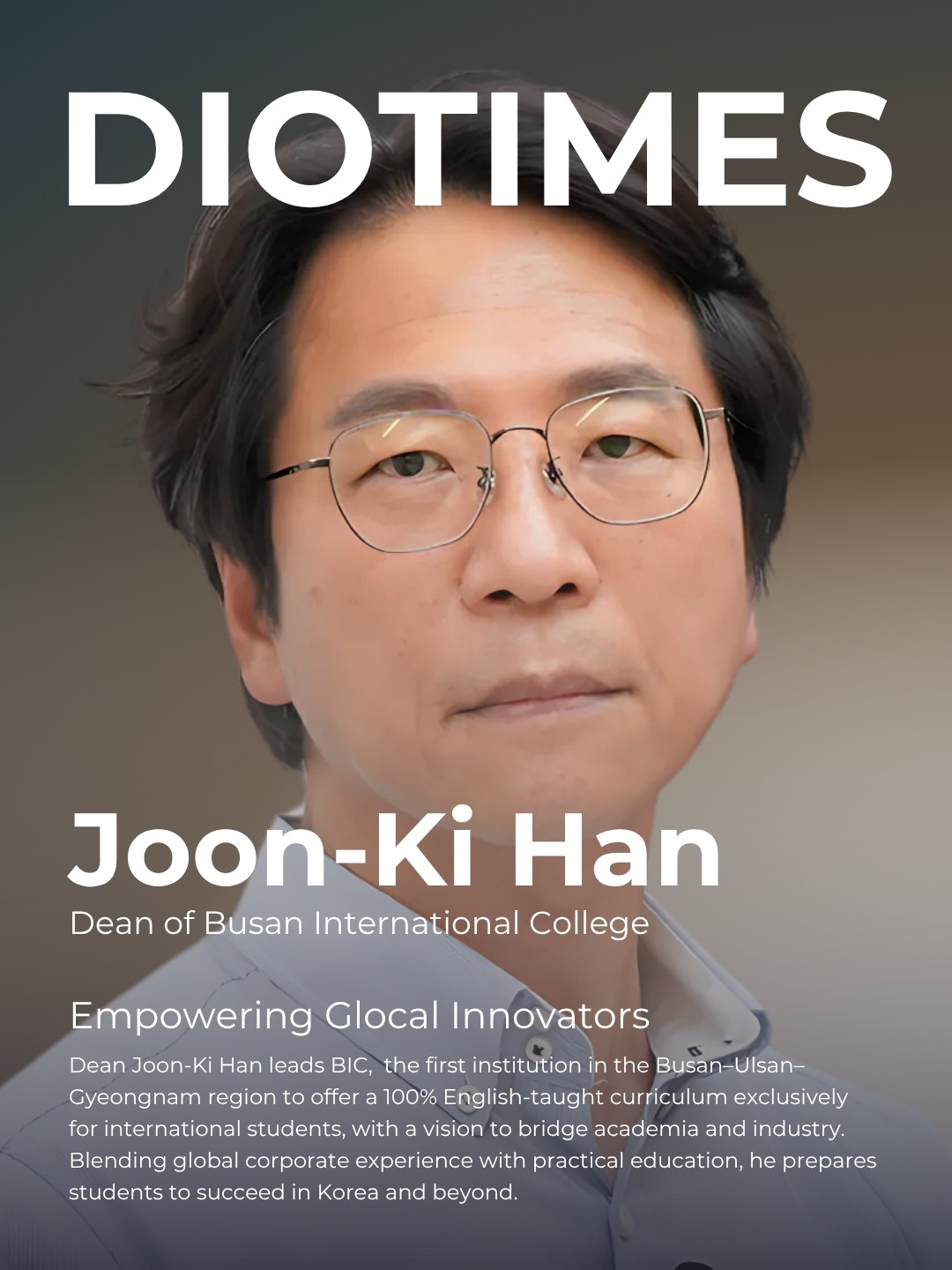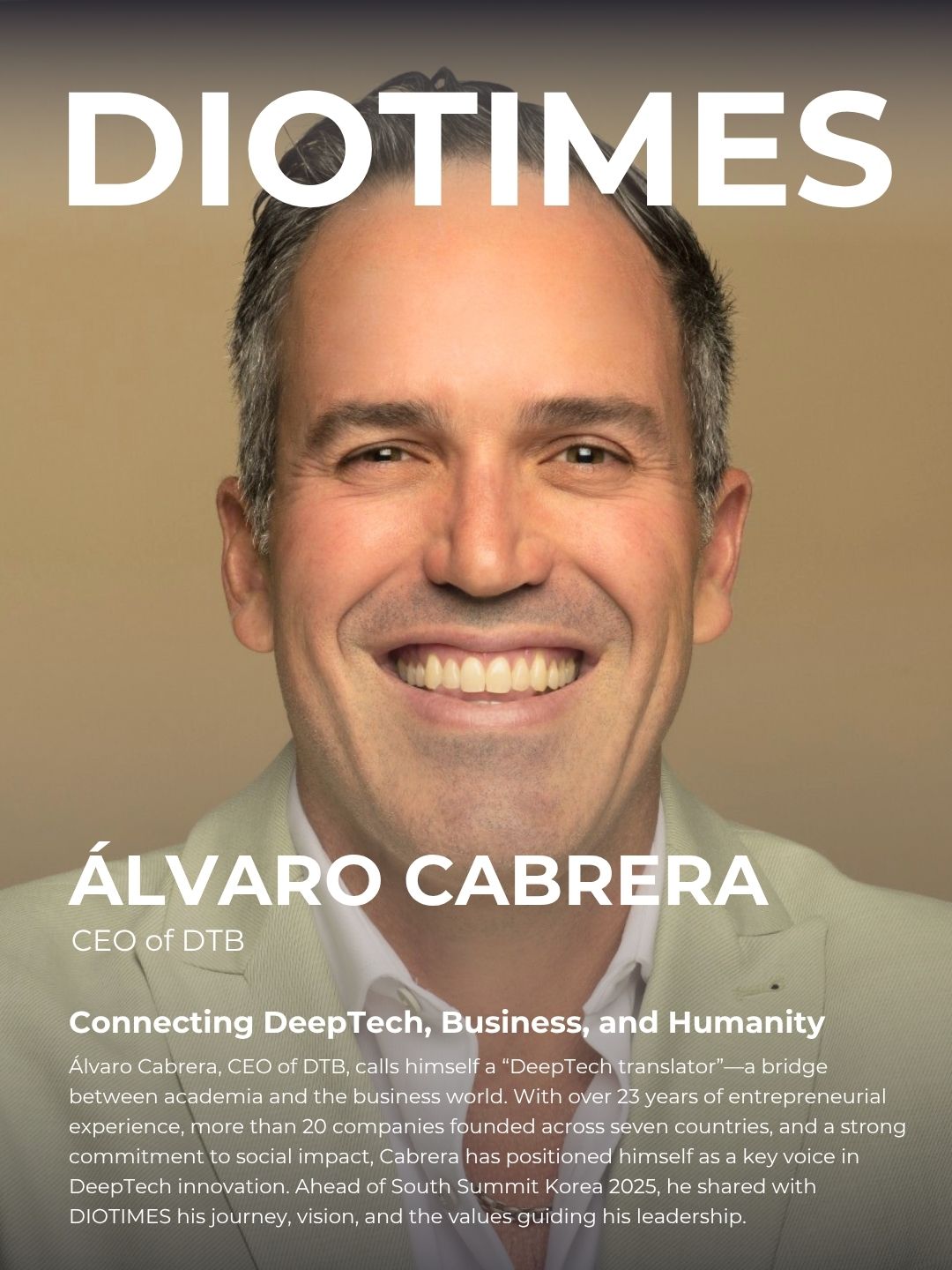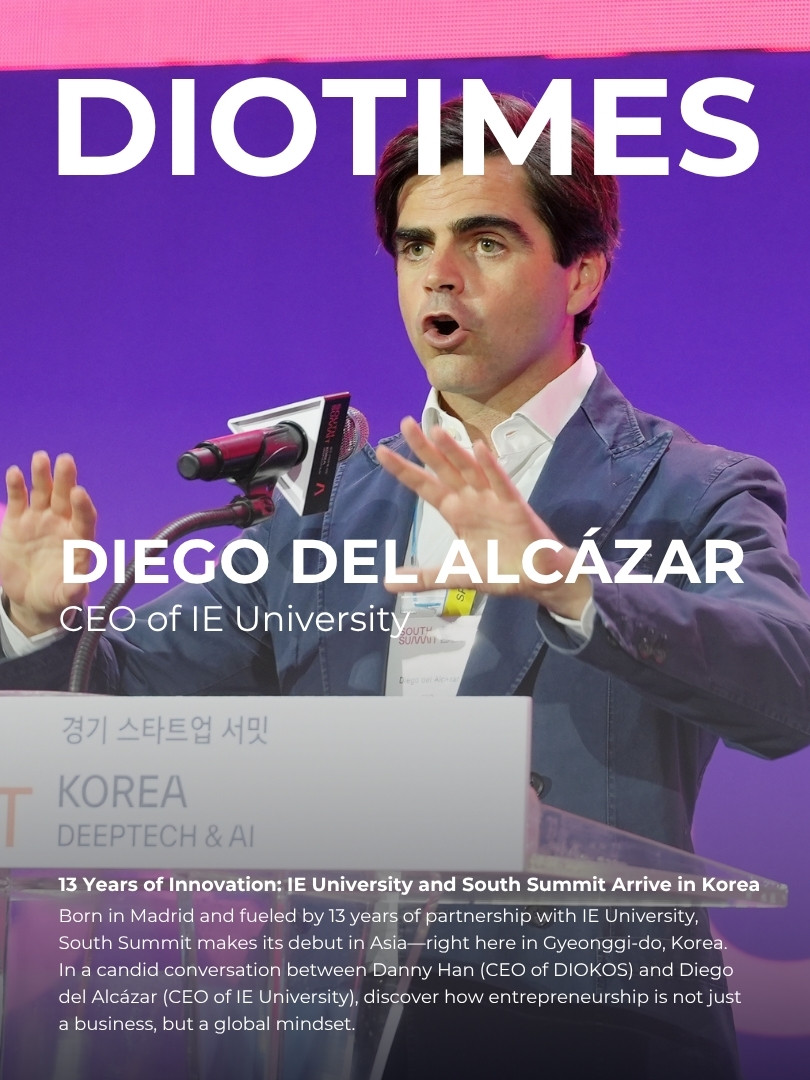Could you briefly share your personal journey — from your academic research in human sciences and neurointelligence to founding NeuralPort?
During my doctoral studies, I was selected as a JSPS Fellow, specializing in cognitive science and neuroscience. I researched autism diagnosis using eye tracking and PTSD trauma elimination using fMRI-based decoded neurofeedback. In other words, I’ve studied both the eye and the brain.
Around the same time, I learned that Apple had acquired a German eye-tracking company and secured numerous VR-related patents. I was convinced Apple would announce VR. I rushed to launch commercialization in 2022 and invented gaze-tracking VR brain fatigue measurement for BCI integration. Two years later, in 2024, the spatial computer (Apple Vision Pro; AVP) finally launched, and by late 2025, AVP BCI compatibility became possible. The lab world felt too small for me. I wanted to work on a global scale.
What motivated you to transition from research into entrepreneurship?
I spent my entire twenties on basic research, only to be shocked that research for papers saves no one. I started a business to conduct research that benefits global society.
How would you describe your leadership style as the CEO of NeuralPort?
I think it’s conversational (interactive) leadership. I aspire to be a leader who can assess people’s strengths and individuality, and assign them to roles based on their aptitudes.
For those unfamiliar with NeuralPort, could you explain your company’s mission and core areas of focus?
Our mission is “lead human purity with future technology.” Our focus is on high performers such as athletes and pilots.
What unique problem does NeuralPort aim to solve in the fields of mental health and human performance?
We are trying to solve athletes’ yips (mental health issues).
NeuralPort combines neuroscience, VR, and AI. How do you integrate these technologies to create practical solutions?
BCI technology begins by defining brain states. It detects brain errors (or conversely, a state of sufficient brain energy), generates an AI-optimized program for that individual, and guides them toward self-directed brain transformation.
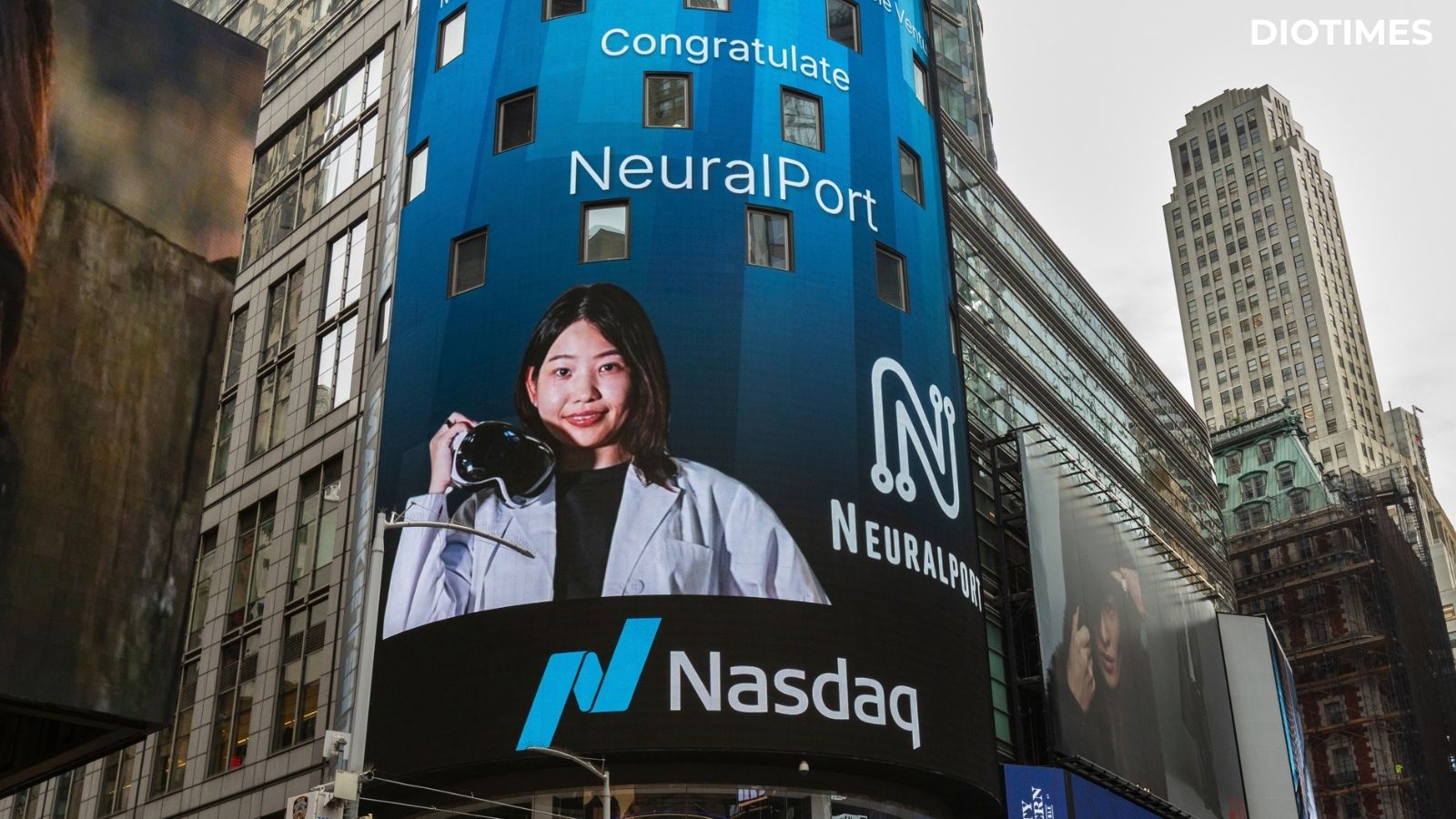
Could you walk us through your flagship product ZEN EYE PRO? How does it measure and visualize stress in just a few minutes?
The VR eye-tracking system detects eye movements and blinking as vital signs of the brain. Using big-data modeling from high-fatigue individuals, we generate a fatigue score from 0–100% (with the Japanese population average at 44%).
NeuralPort is also developing ZONE-Z, designed to recreate a “flow” or “zone” state. What stage is this project at, and what applications do you envision?
With hardware development completed, we are now advancing software programs personalized to each individual’s vital data. Our goal is to embed this technology into autonomous driving seats, creating a world where people can receive care while on the move.
What differentiates your technology from other stress-monitoring or mental health solutions on the market?
Brain function has traditionally been measured using EEG and MRI. The ability to measure brain fatigue in just one minute using a smart device (eye-tracking VR) is our key differentiator.
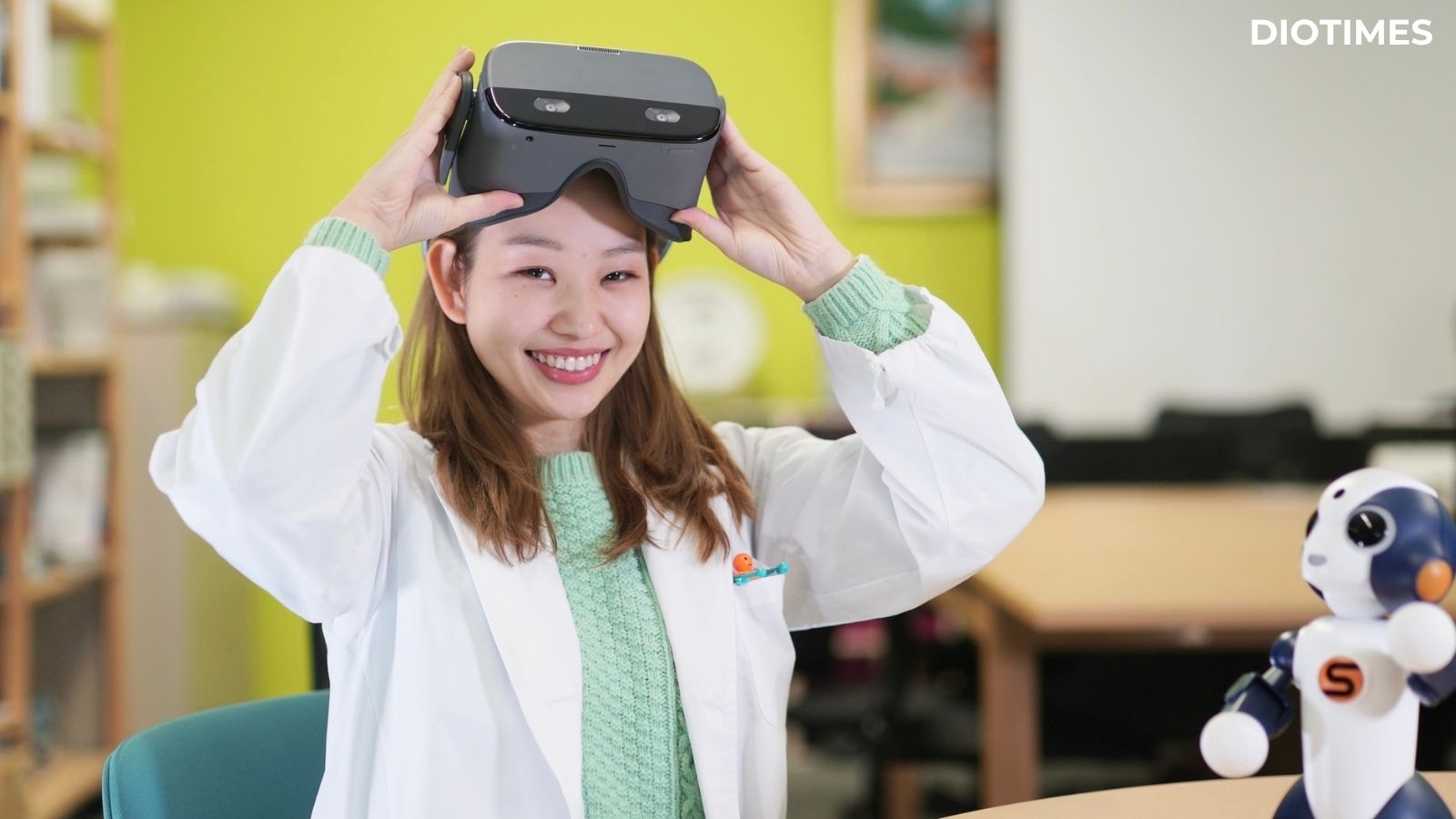
NeuralPort has collaborated with organizations such as Rohto Pharmaceutical. What role do partnerships play in your growth strategy?
Conducting research and development within the framework of major corporations or powerhouse club teams offers numerous opportunities for publicity and expanding sales channels. On the other hand, the direction can sometimes become scattered and the pace may lag, so discernment is crucial.
How do you see your products being adopted in different industries — healthcare, education, sports, corporate wellness?
First sports, then pilots, and finally we’re considering introducing it to the Air Force. In the initial stages, we’re targeting unique and critical markets rather than democratizing the service (making it accessible to anyone).
What has been your biggest challenge so far in bringing neuroscience-based products to market?
Our research is not well understood in Japan. We are now challenging ourselves to expand overseas.
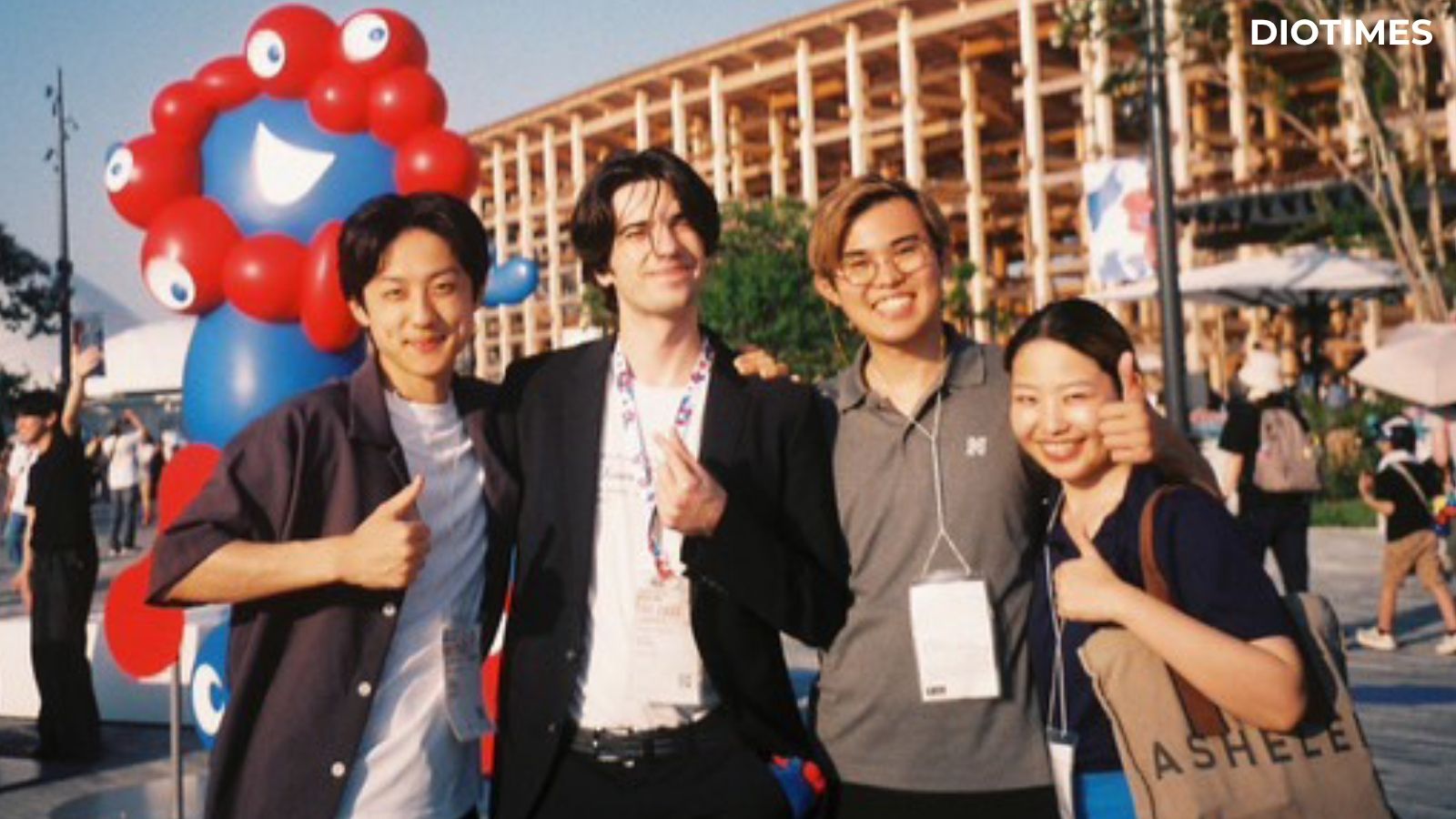
NeuralPort is based in Kobe, Japan. How important is international expansion for your company?
This is very important. Creating services that are useful to the international community is the very reason for NeuralPort’s existence.
Do you see opportunities to adapt your solutions to different cultural or regional contexts, such as Korea or Europe?
Of course. In fact, challenges in different regions are exciting.
What global trends in mental health and wellness technology do you think will shape the next five years?
Until now, technology has been created with the purpose of making life easier for humans—enhancing convenience or physical capabilities. In other words, technology has adapted to humans. Going forward, I believe the stance will shift to technology driving humans—meaning humans will adapt to technology. One example of this is mental health and wellness technology driving humanity’s inner evolution. Technology will maximize human potential and deepen self-awareness. Technologically, trends will likely include VR (especially AVP) × BCI and BMI incorporating neurofeedback.
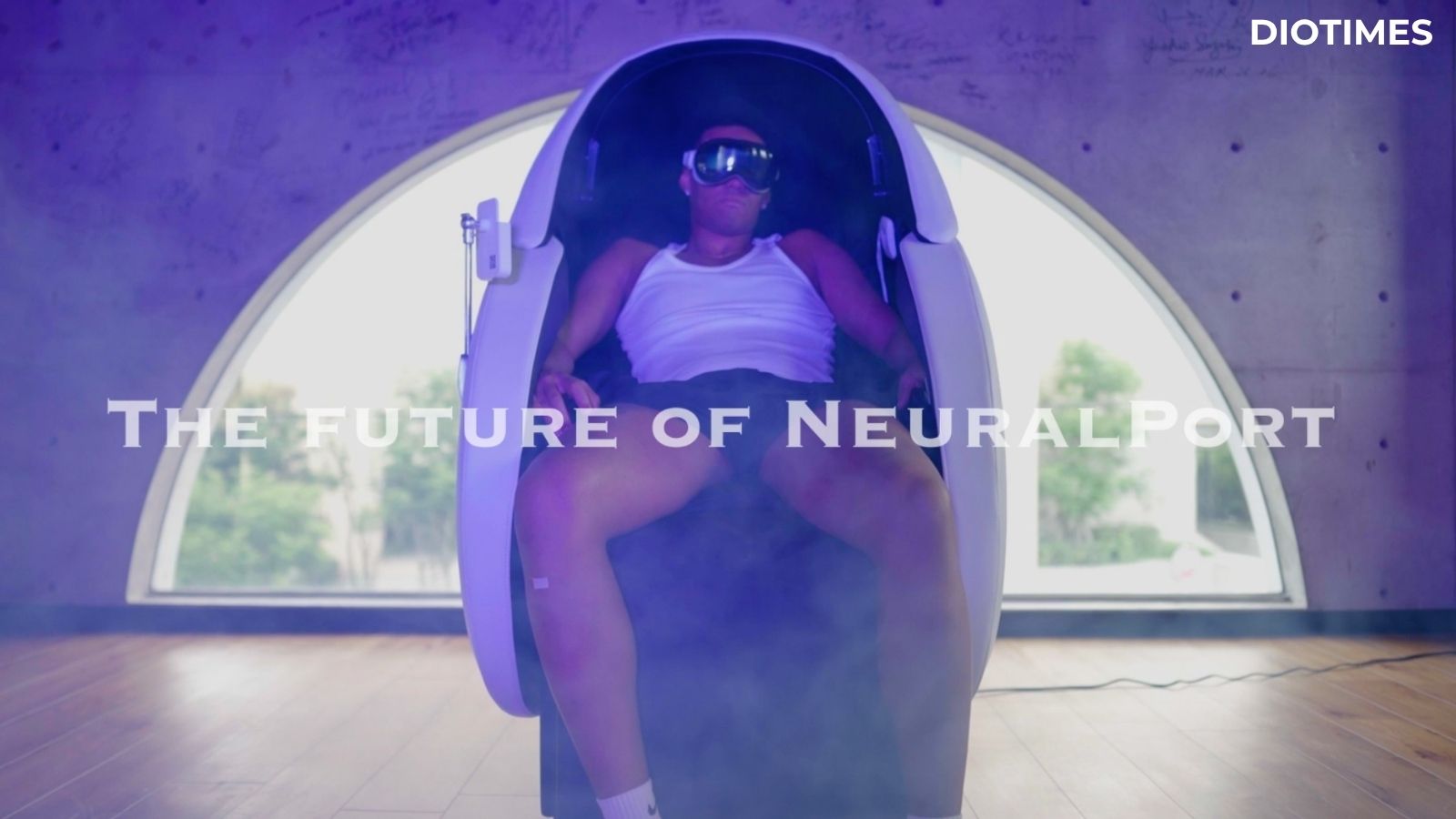
What motivated NeuralPort to join South Summit Korea this year?
I would like to experience that passion in Korea. I also look forward to building a global network starting from Korea.
What are your main goals during the event — networking, fundraising, strategic partnerships, or something else?
Networking with partners and VCs.
Are there specific types of partners, investors, or industries you are hoping to connect with at South Summit Korea?
We are looking for partners in the sports field.
How do you view South Korea as a potential market for your solutions?
The Korean sports market is experiencing rapid growth. I believe the e-sports sector, in particular, has great potential.
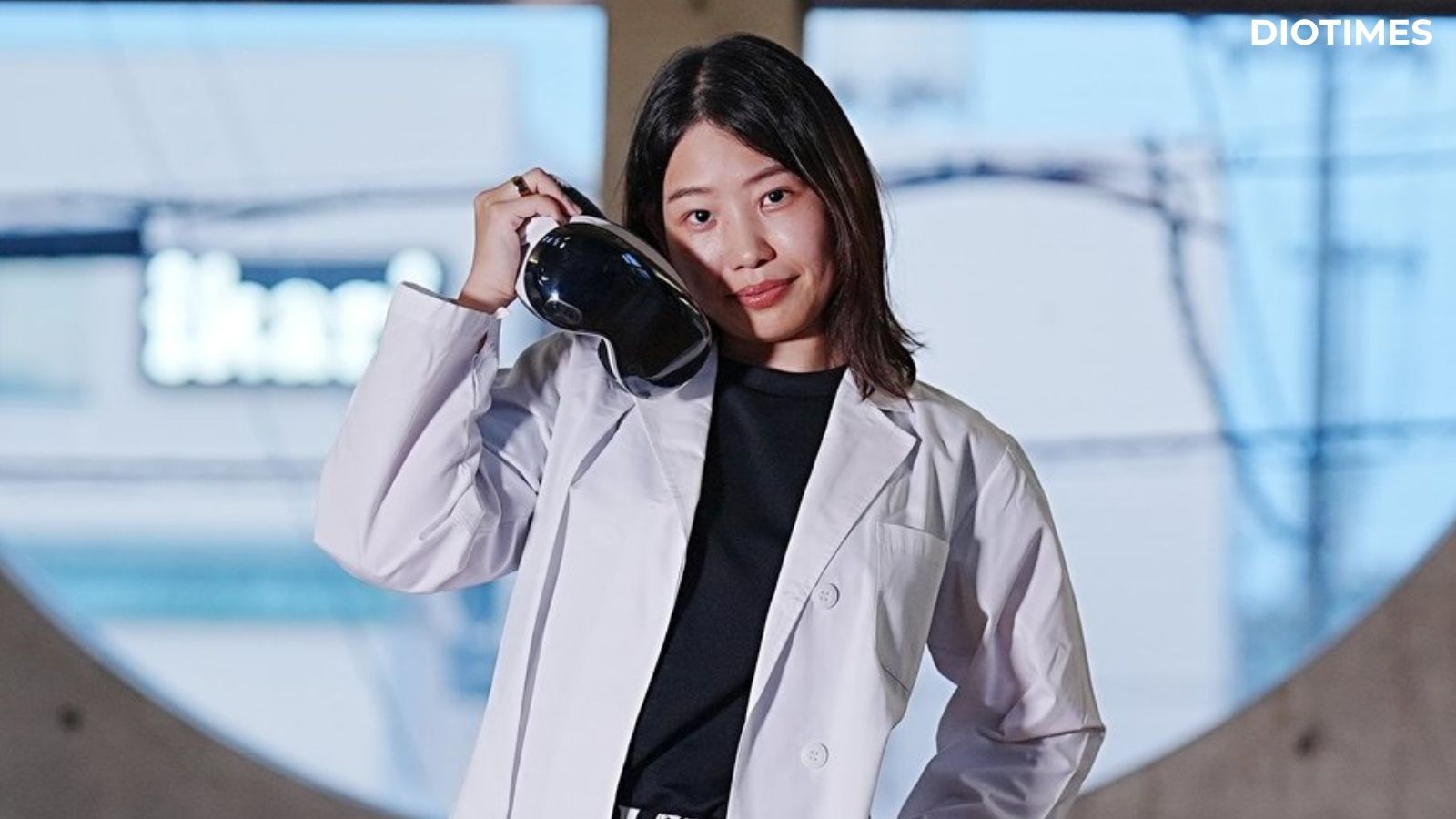
Where do you see NeuralPort in the next three to five years?
Europe (preferably Spain) and the US.
What impact do you hope your technology will have on how individuals and organizations understand and improve mental performance?
Technology has made people lazy. I believe humanity has been regressing. However, the technological shift described above will increasingly demand that humans engage in self-dialogue and introspection. Understanding and improving mental performance will increasingly require human sincerity and high purity. I hope that technology will drive the emergence of many individuals and organizations achieving inner evolution.
Finally, what message would you like to share with global investors and partners who will meet you at South Summit Korea?
Thank you for this opportunity. The future we picture is coming soon!



